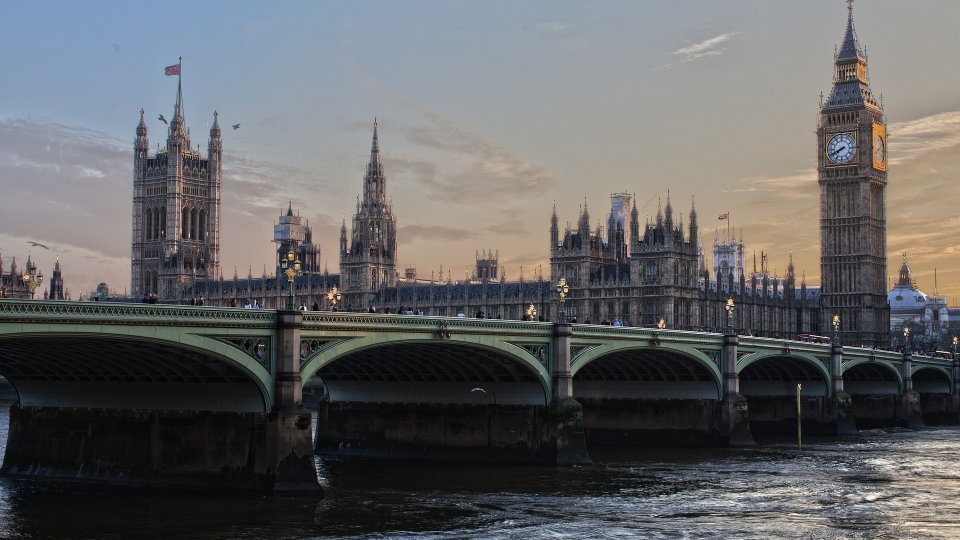On Friday 13th December, the UK Parliament will deliberate a Private Members Bill introduced by Baroness Owen. SWGfL wholeheartedly support this, which represents a significant step forward in combating non-consensual intimate imagery and empowering victims. The Bill reflects the Government’s ambition to halve violence against women and girls within the next decade and aligns with our ongoing efforts to address Non-Consensual Intimate Image abuse
Find out what the Bill aims to address and how it aligns with our work tackling intimate image abuse.
Criminalising Non-Consensual Intimate Imagery
The Bill proposes to create specific offences for the non-consensual taking or soliciting of intimate images. Currently, such acts are prosecuted under voyeurism laws, which predate the complexities of the digital and social media age. This evolution acknowledges the harm caused by the creation and sharing of private images without the consent of those shown and fills a critical gap in the legal framework.
Tackling Synthetic Sexual Content (“Deepfakes”)
One of the Bill’s most considered features is the criminalisation of creating and soliciting synthetic sexual content, often referred to as "deepfakes." These are digitally altered images or videos that often depict individuals in sexually explicit contexts without their consent. Research published in 2023 found that pornography made up 98% of deepfakes online. Notably, the legislation does not stop at penalising those who directly create such content: it also targets individuals who solicit or pay others to produce it. This approach is crucial in addressing the wider considerations of how this content is produced and would tackle criminal behaviour in a far more rounded approach.
Addressing Behaviour
Unlike narrowly focused legislation targeting specific tools like face-swapping or nudification software, this Bill takes a broader approach to capture abusive behaviours rather than specific technologies. This is critical in future-proofing the law, given the rapid pace at which technology evolves, often in ways designed to evade regulation. By focusing on the lack of consent and subsequent harm caused, the legislation ensures adaptability towards new and emerging forms of abuse and addresses behaviour head on without the concern of becoming swiftly outdated.
Empowering Courts to Mandate Deletion of Images
In a move that underscores its victim-centred approach, the Bill empowers courts to order offenders to delete relevant images from devices, cloud services, platforms, and messages which currently they do not. This provision aligns with the ongoing work from our Revenge Porn Helpline, where we have advocated for the swift removal or blocking of non-consensual imagery to mitigate further harm towards victims as shown in our #NotYourstoView campaign. Ensuring the deletion of such material is a vital step in restoring privacy to those who have been impacted reducing the concern of being retraumatised.
Comprehensive and Victim-Focused Legislation
The Bill is designed with the needs of victims at its heart. By addressing the behaviour surrounding the abuse and providing robust processes to counter it, the Bill aims to offer meaningful protections towards those who are affected by these crimes. It is also a solution towards the government’s broader ambition of halving violence against women and girls (VAWG) within the next decade.
A Swift Response to a Pressing Issue
This Bill represents a fast and effective method to provide protections in a manner that directly addresses behaviour. Its comprehensive nature ensures that victims are supported while holding offenders accountable, marking a significant milestone in the fight against intimate image abuse.
As this crucial legislation is debated, we encourage all stakeholders to rally behind it, recognising its transformative potential in protecting individuals from the devastating impact of Non Consensual Intimate Image abuse. By addressing abusive behaviours comprehensively and ensuring adaptability to emerging technologies, the Bill sets a powerful precedent for how governments can combat technology-facilitated abuse. SWGfL stands ready to support its implementation and to collaborate with policymakers, enforcement agencies, and online platforms to ensure its success.
Sophie Mortimer (Revenge Porn Helpline Manager) said "This Bill is a vital step forward in protecting individuals from the devastating impact of non-consensual intimate imagery and synthetic sexual content. By criminalising not just the creation but also the solicitation of such material, it acknowledges the real-world harm caused by these abuses and addresses the root of the issue. The inclusion of provisions to delete harmful images is particularly significant, as it empowers victims to regain control. We acknowledge this comprehensive Bill that prioritises the needs of those who have been impacted and represents a critical move in tackling the evolving landscape of intimate image abuse. We continue to raise awareness and inclusion of StopNCII.org as a preventative measure that online platforms should adopt to stop the spread of NCII"






